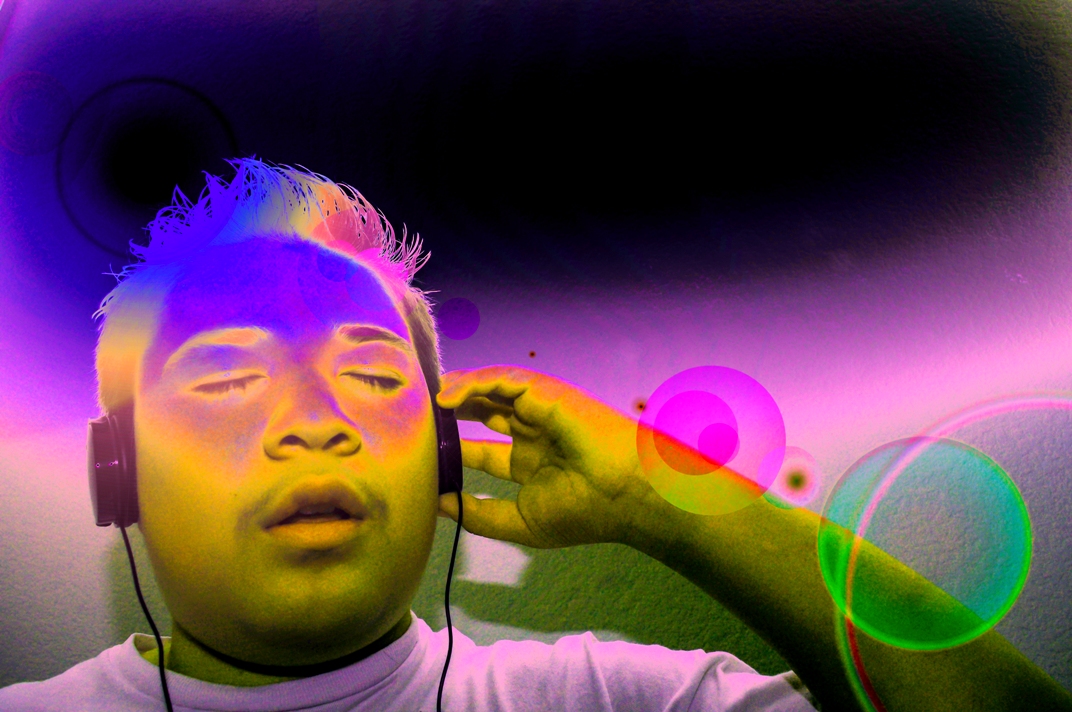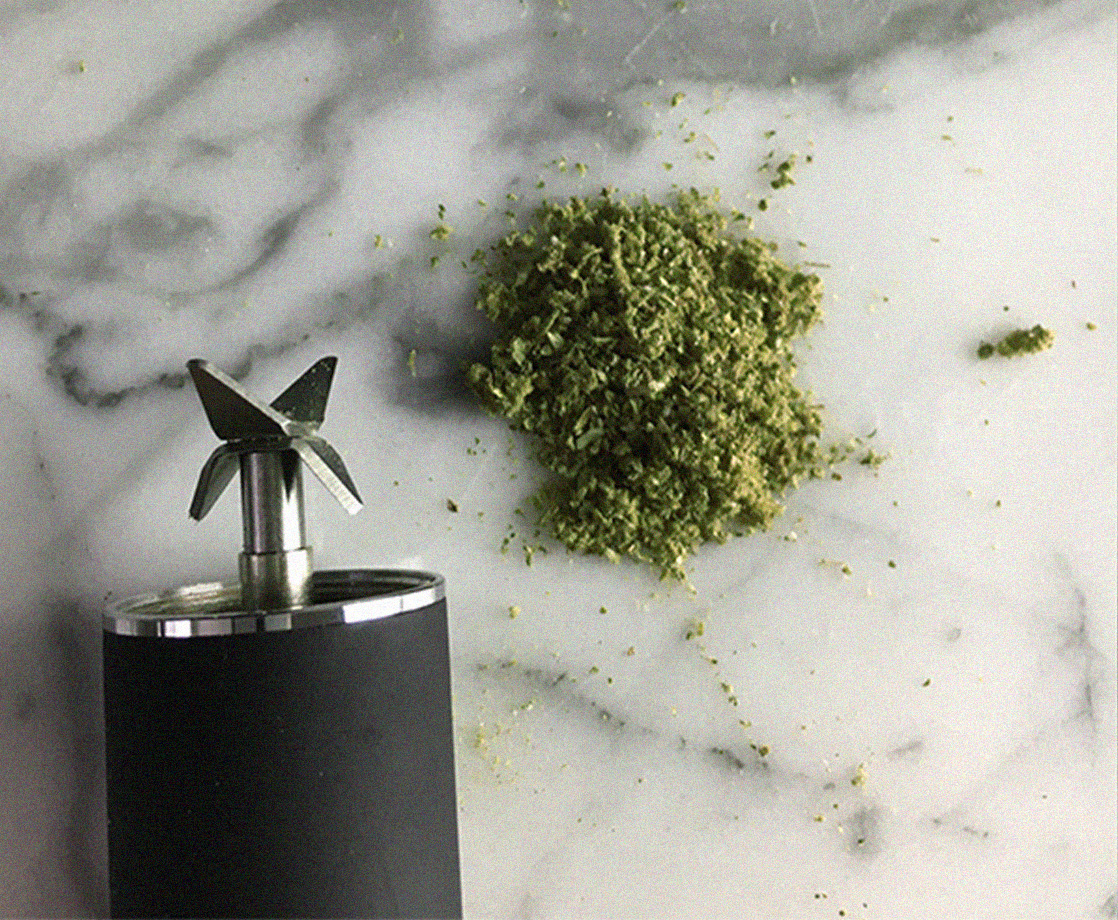Image via
Gongs, Tibetan bowls, and didgeridoo could be a better soundtrack to psychedelic therapy sessions than Mozart, according to a new study published in the American Chemical Society (ACS) Pharmacology and Translational Science journal.
During a new clinical trial to determine whether psilocybin can help smokers quit tobacco, a research team at the Johns Hopkins University School of Medicine decided to introduce a new variable into the mix. Psychedelic therapists and researchers often incorporate music into their sessions in order to create a relaxed “set and setting” for their patients, and classical music is usually the first choice for these sessions.
For their new study on psilocybin and smoking, researchers decided to test how different music choices might influence the outcome of the study. In the trial, 10 participants received 20 to 30 mg doses of psilocybin during three separate therapy sessions. Researchers played two different playlists during these sessions and evaluated whether either soundtrack influenced subjects’ self-reported feelings of “mystical” or “challenging” experiences.
In the first session, subjects heard a standard playlist of classical music, including “greatest hits” from Bach, Brahms, Mozart, and Vivaldi. For the second session, therapists played a selection of overtone-based music, including gongs, Tibetan singing bowls, didgeridoo, ambient drones, and even more popular selections by Alice Coltrane and The Beatles. In the third session, subjects were able to freely choose between the two playlists. The researchers posted each of these playlists on Spotify for anyone who wants to use them for their own psychedelic journeys.
The researchers found that there was indeed a difference between the two playlists, but not as much as they had expected. Subjects were more likely to report mystical experiences while listening to the overtone playlist, but this finding was not statistically significant. The authors explain that “although we found no significant differences between the two musical genres studied here, several trends suggested that the overtone-based playlist resulted in somewhat better outcomes and was preferred by a larger portion of this small sample of participants.”
Or, as study author Matthew Johnson wrote in a tweet, “apparently classical music is not such a sacred cow for psychedelic therapy.”
The researchers also examined whether subjects’ personal playlist choice had any link to their success at quitting tobacco. Only half of the participants who deliberately chose classical music during the last session were able to quit smoking immediately after the trial. But for patients who chose the overtone playlist, 83 percent were able to quit immediately, and 66 percent over the next 30 months.
The results of the study do not prove that one genre is more ideal for psychedelic sessions, but do suggest that therapists should take greater care to ensure that their music choice is ideal for their patients.
“Although the study is limited by a small sample size and no significant differences were identified between the musical genres, these data nonetheless failed to identify any clear superiority of Western classical music, which has long been considered the standard,” the authors concluded. “These findings support the idea that developing a process for generating patient-specific musical selections rather than providing standardized music may improve therapeutic outcomes.”











